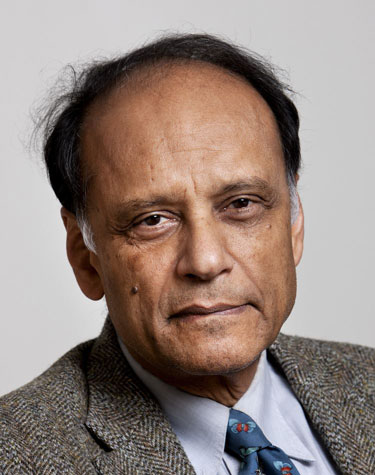
Biodiversity is receiving more and more attention. One of the recent examples of this is the acclaimed landmark report, the Dasgupta Review on the Economics of Biodiversity. Professor Partha Dasgupta, a 2002 laureate of the Volvo Environment Prize, delivers a stark message in the report commissioned by the UK government; the world needs to fundamentally overhaul how society measures economic success if it is to stem the rapid decline of biodiversity. We are part of Nature, not separate from it, says Dasgupta. Choosing a sustainable path will require transformative change akin to or even more significant than those of the Marshall Plan, under which Europe was rebuilt after the second world war.
The Dasgupta review explores the relationship between biodiversity and economics and argues that natural capital has long been ignored by economic thought, enabling the destruction of natural resources on a monumental scale. The review points out that it is less costly to conserve Nature than restore it once damaged or degraded.
The implications of the review for policymakers and businesses are obvious and considerable. The Stern review on climate change on which the Dasgupta review was modeled helped trigger a decade of more ambitious climate action around the world that took in regulation and carbon pricing and influenced private sector involvement. Perhaps this new review can do the same and help trigger significant changes regarding governmental and private sector planning for the protection of biodiversity.